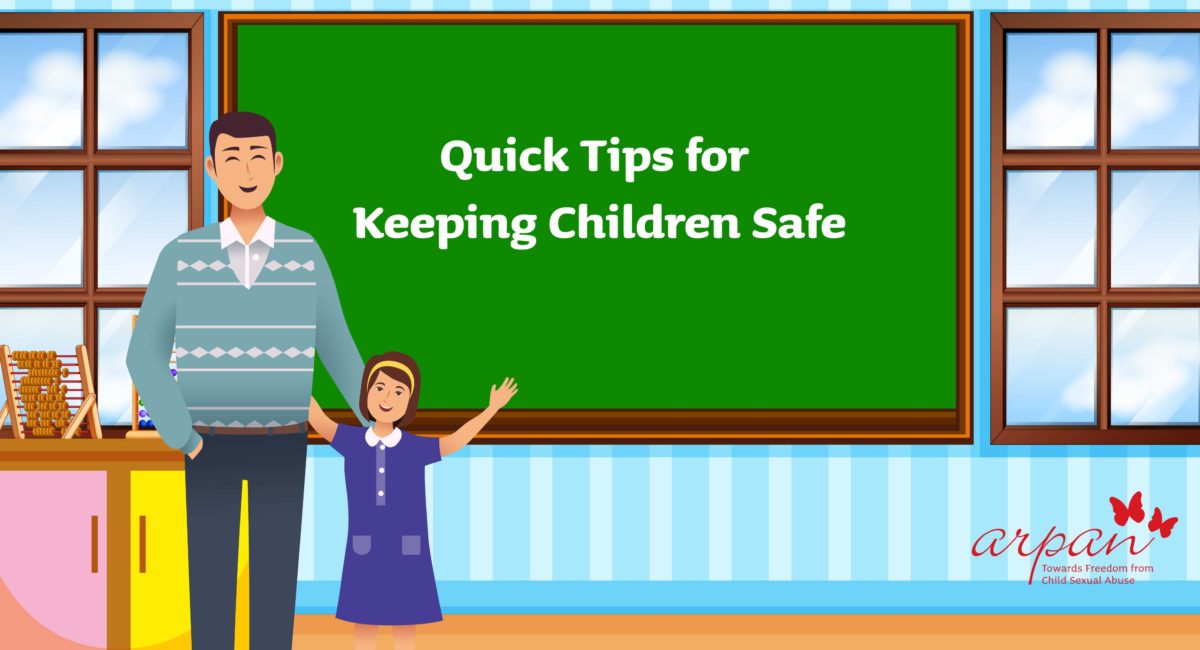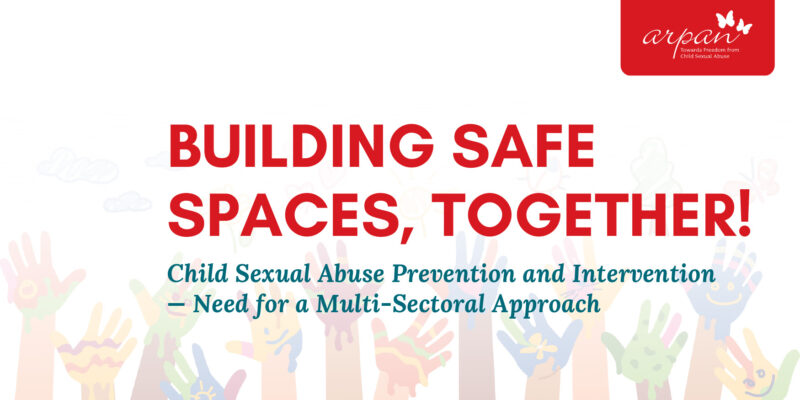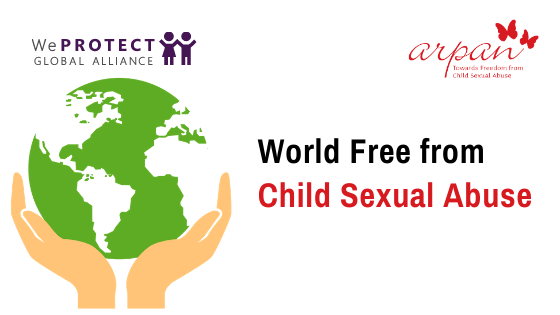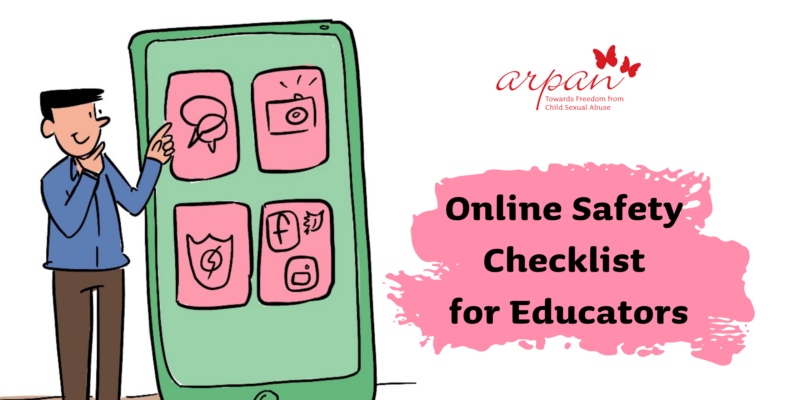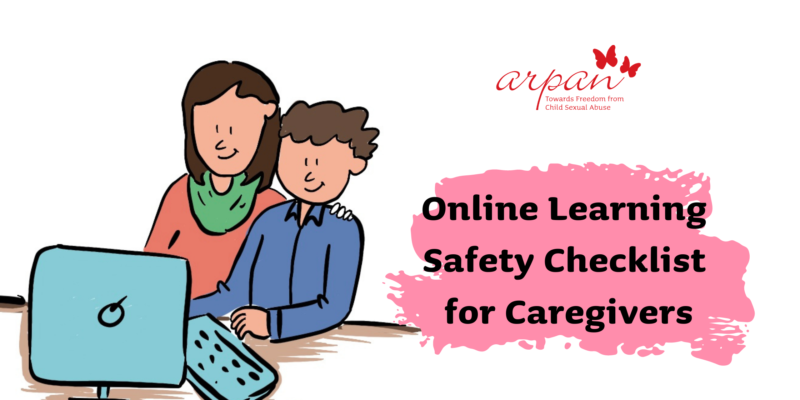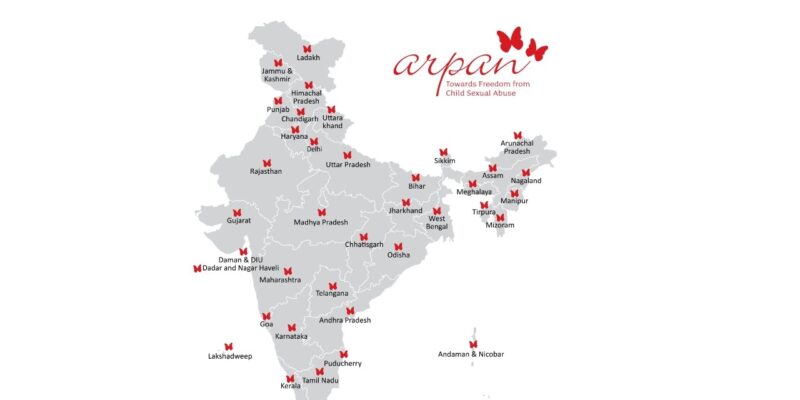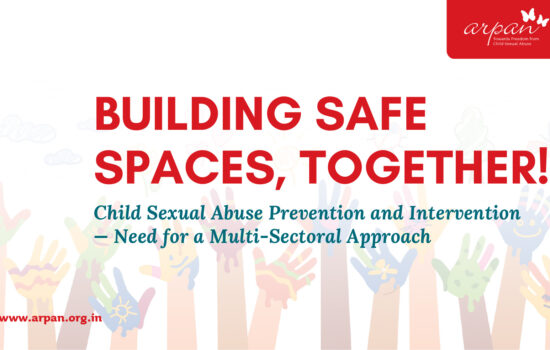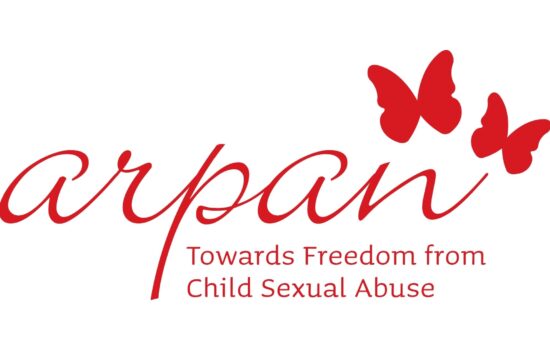Stories in the media, along with misunderstandings about Child Sexual Abuse, often make us feel that Child Sexual Abuse is either inevitable or negligible. This either forces us to feel helpless as caregivers or forces us to get into denial – ’My child can never be abused’. It also forces some of us to become hyper-vigilant. However, it is true that adults cannot be with children all the time. It is equally true that when parents and caregivers initiate conversations with children on personal safety and give them knowledge and skills, children can participate in their safety. We know it can be hard for parents and caregivers to talk to children about Child Sexual Abuse. It is an issue that is difficult to talk about, and often, difficult to even acknowledge. Every caregiver worries about a child’s safety, but there is also an apprehension.
Here are some quick tips for parents to win over your apprehension and keep your child safe:
- Get involved and tell them You Care: Get involved in your child’s life as there is no substitute for your attention and supervision. You love your children, but how often do you tell them that? You need to tell them how much you care about them, every day. Show unconditional love toward them. Tell them that your love for them is independent of their academic performance or achievements. Do not label your children as bad or nasty as this affects their self-esteem negatively. Always refer to the behaviour as incorrect, not the person.
- Respect the child’s feelings: Listen to your child’s concerns, understand the feeling and try to reflect that feeling back to your child. This will make the child feel that they are being understood and will help them to reach out. Respect your children’s response to a touch or a situation. Stop tickling them, hugging them or squeezing their cheeks if they don’t like it. Don’t force your children to hug or kiss anyone; instead, support them by finding another way to show respect and affection to family members. It will help children set their personal boundaries. When adults at home respect a child’s boundaries, the child learns to say ‘stop’ or ‘no’ to a touch that makes them feel uncomfortable. The child also starts respecting other children’s personal boundaries.
- Be Aware: Aware parents and caregivers can help protect as well as respond better to all forms of abuse, in general, and sexual abuse, in particular. Be aware of your children’s environment even when you are not with them (home, school, activity class, playground, grandparents’ house, etc.) Know your children’s schedule. Ask them to keep you updated if there is a change of plan. Be aware of the kind of programs they watch on the Internet or television in your presence as well as absence. Read more about child sexual abuse, the signs and symptoms of an abusive situation, ways to prevent, support and seek help.
- Teach Personal Safety: Teach your child Personal Safety as you are their best teacher. Read books with them on the subject and encourage them to ask questions. Set boundaries about places your children can go to, people they may see, and things they may do. Make children remember your phone number, full name and the home address. However, while setting these boundaries, talk to them in a calm and reassuring way as fear is not an effective teaching tool, but confidence is. Give them a rationale for these boundaries, instead of just dictating restrictions. Teach them the names of private body parts and introduce these names as part of their vocabulary when you teach them names of the other body parts like ear, eyes and nose. This way children will learn that there is no shame or embarrassment associated with private body parts. This also helps them in reporting abuse.
We know that parenting is not an easy task, especially in today’s fast-paced world, where traditional social support systems are shrinking. But as parents, we take up the challenges and support our children in realizing their full potential and in keeping themselves safe. To learn more about Child Sexual Abuse, signs and symptoms, you can visit www.arpan.org.in or make your child take the online Personal Safety course at www.arpanelearn.com

